
Runway and IMAX Put AI Filmmaking On The Big Screen, Stirring A Fierce Creative Debate
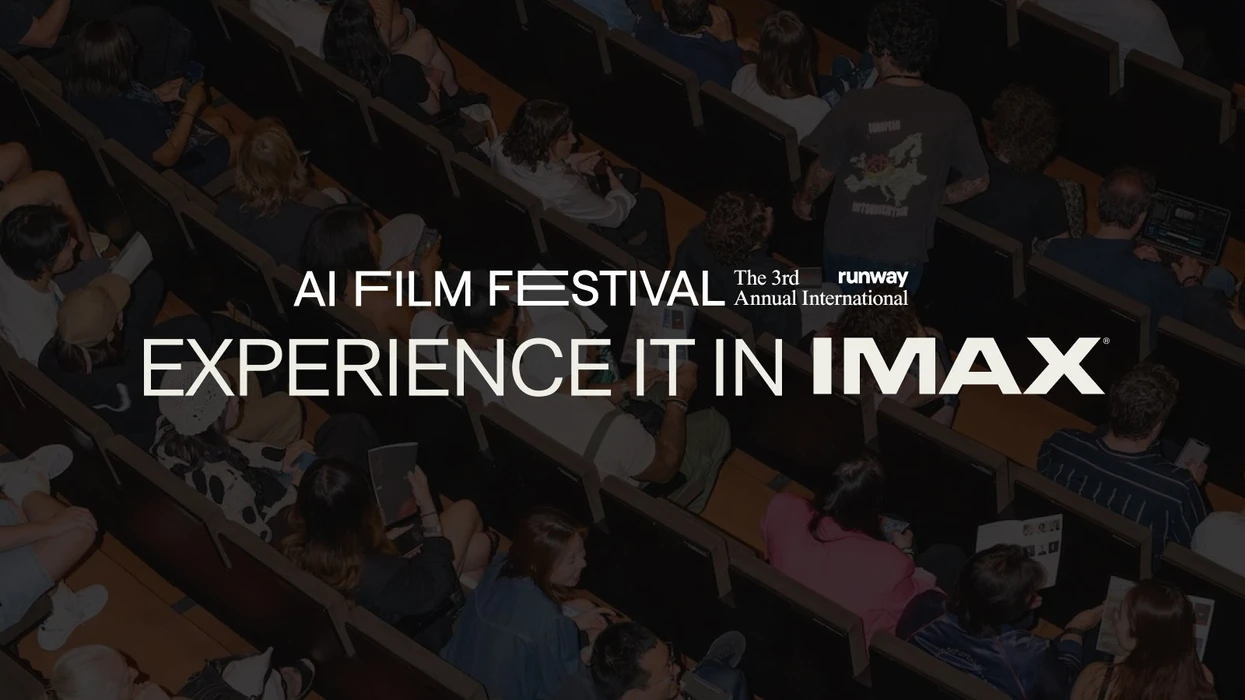
When Runway’s annual AI Film Festival debuted this summer at Alice Tully Hall in New York, the venue itself was a sign of a shift. For the first time, films created with the help of artificial intelligence were not relegated to humble YouTube debuts or experimental back corners of the internet. They were blown up onto the biggest possible screen: IMAX. It was a declaration of intention that AI filmmaking was entering squarely into the mainstream.
Runway, which produces the festival, has become one of the leading AI video generation companies. Its software, now used by everyone from independent creators to Hollywood studios, allows filmmakers to create high-quality visual stories with unprecedented speed and scale. For this year’s festival, more than 6,000 submissions poured in from around the world. There were ten finalists, including a mix of completely AI-generated shorts and hybrid works that blended live-action performance with AI effects. The films ranged from a dreamlike story about a chicken in a UK jail to a cosmic musing on digital infinity.
The decision to screen these works in IMAX cinemas in cities across the United States was both symbolic and disruptive. IMAX, the gold standard of cinematic experience, was essentially giving AI filmmaking its seal of approval as an art form. To Cristóbal Valenzuela, Runway’s CEO, the implication was clear: AI was not a threat to creativity but a way to augment it. He likened AI to the introduction of the digital camera, a technology that lowered barriers to entry and allowed more people to tell stories visually.
Yet if the screenings were meant to highlight innovation, the films also spurred outrage. Critics took to social media in a chorus of disapproval. The films were derided as “soulless,” with one watcher claiming they would rather watch notorious cult film The Room than AI-generated shorts. One responded unequivocally: “AI content will never be art.” A petition quickly emerged calling for IMAX to cancel the event, accusing Runway of peddling “regurgitated” content that had been generated by algorithms trained on others’ copyrighted work. It warned the festival had the potential to damage IMAX’s reputation with filmmakers and studios that continue to regard AI suspiciously.
The backlash was not confined to the public. Filmmaker communities, particularly on forums and discussion boards, grumbled that AI-created shorts were claiming prizes at festivals while human-made films struggled to be seen. Unions also raised alarms. The International Alliance of Theatrical Stage Employees argued that AI posed threats to the livelihood of editors, set designers, and other crew members whose work could be undermined if studios depended too heavily on generative tools. Actors’ unions had worried about likeness rights, with some predicting that performers might soon see their images being replicated by machines without being fairly compensated.
Proponents of AI filmmaking think differently. They believe the festival is bringing about a new age of accessibility. A young director on a low budget can now create a sci-fi epic or animated fantasy that would have cost millions of dollars before. The festival’s inclusivity—accepting submissions from across continents, genres, and formats—was accepted as proof of that potential. Most producers used AI not to eliminate the human touch but to augment it, incorporating layers into their scripts and performances with visual universes unattainable otherwise.
Still, the ethical considerations come into play. Runway and other AI companies are already being sued over the data used to train their models, much of which is harvested from the internet without explicit permission. Critics argue that even if AI is enabling new voices, it is possibly doing so on the backs of unpaid artists. AI and creativity researchers have called for transparency frameworks and the protection of human authorship, suggesting instruments like a “Human Control Index” for measuring the level of authentic creative engagement.
At the centre of this conflict is the issue of authenticity. Can a film made with AI touch an audience in the same way as one created by humans can? Can a machine assist in the creation of something original, or can it only recycle what has come before? To some, these questions are less important than the outcome. To others, the act of creation itself must be human at its source.
The Runway–IMAX collaboration has become more than a film festival. It is a cultural fault line, forcing the film world, unions, and audiences to confront what the future of film will look like. For the emerging creators who see AI as their way in, the festival is a promise. For the older artists who feel their craft is under attack, it is a threat.
One thing’s certain: by putting AI films on the biggest scale imaginable, Runway and IMAX have made it impossible to avoid the controversy any longer. The future of filmmaking is here, and it brings with it difficult questions about ownership, authenticity, and what it even means to create.
Read More:
- Mali Receives New Military Equipment To Strengthen National Defence
- Burkina Faso Launches National Prison Labor Program to Reduce Sentences and Promote Reintegration
About The Author
Related Articles
MultiChoice Pumps GH¢200 Million Into Ghana’s Creative Industry
MultiChoice Ghana has invested more than GH¢200 million into the country’s creative...
ByWest Africa WeeklyMarch 5, 2026Wizkid, Rema and Tyla Make Spotify’s 100 Greatest Pop Songs of the Streaming Era
African music has secured another global milestone as Wizkid, Rema and Tyla...
ByWest Africa WeeklyMarch 2, 2026Nigeria Film Industry Calls for Cheaper Tickets and Decentralised Cinemas to Boost Nollywood
Nigeria’s film industry is at a critical crossroads as experts warn that...
ByWest Africa WeeklyFebruary 23, 2026Gabon Suspends Social Media “Until Further Notice” Amid Rising Unrest
Gabon’s media regulator has announced the suspension of social media platforms nationwide,...
ByWest Africa WeeklyFebruary 18, 2026








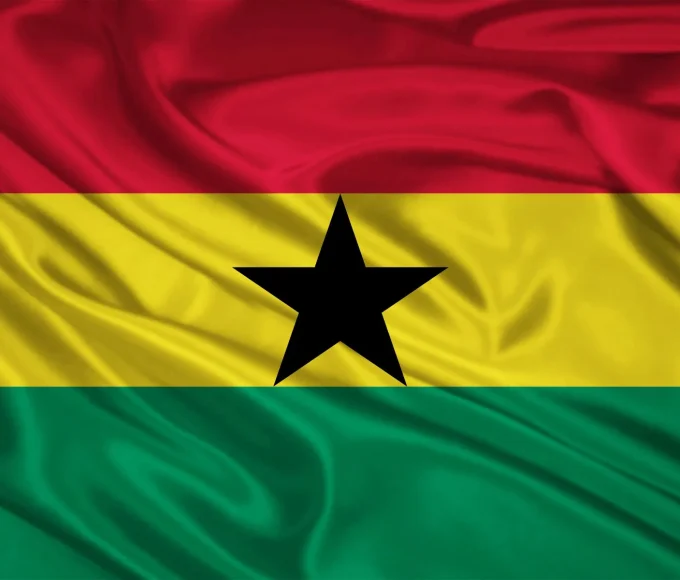
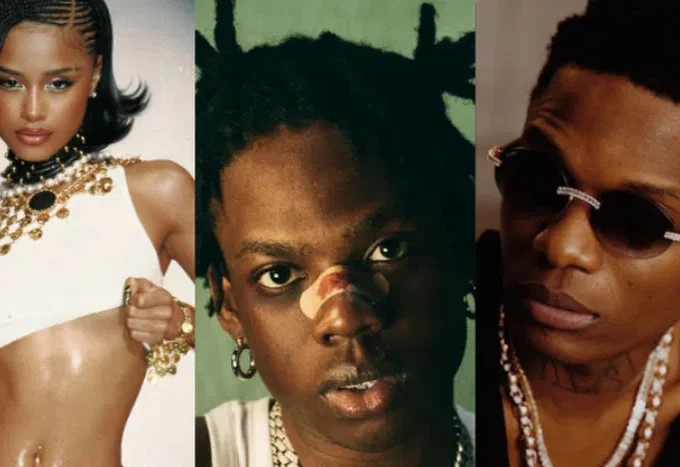
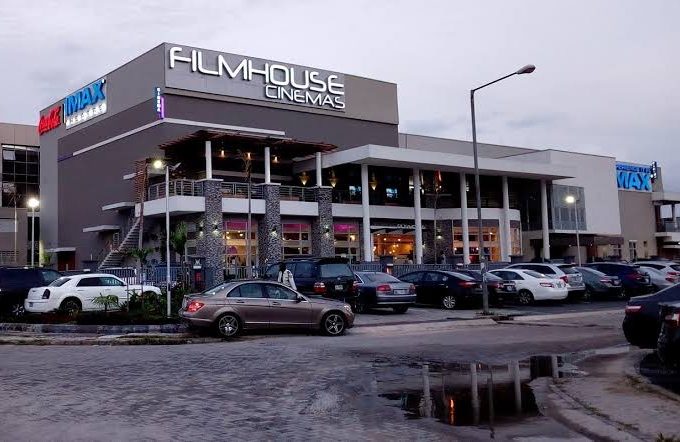
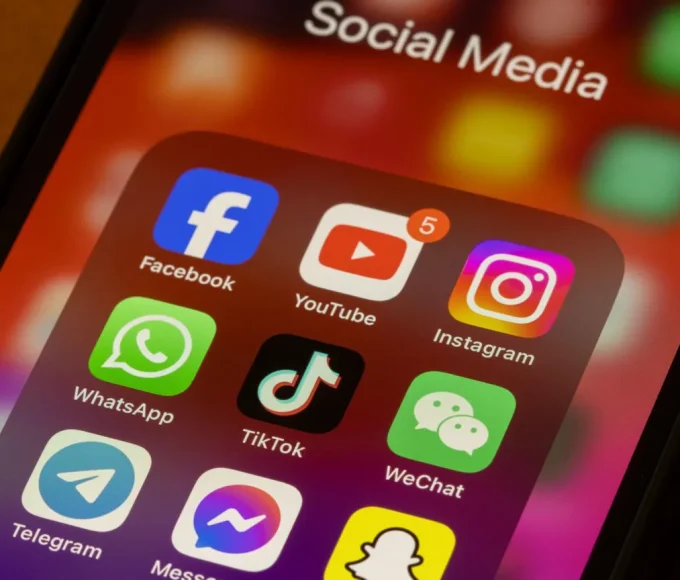
Leave a comment